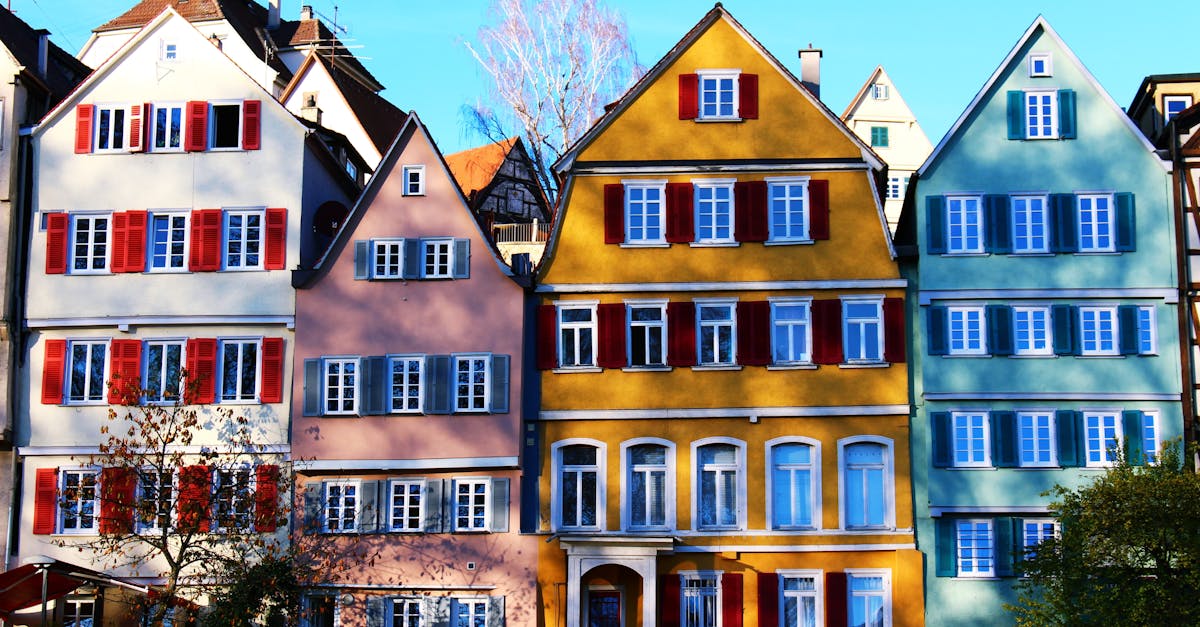
Introduction
Owning a historic home is like owning a piece of history, intertwining the elegance of the past with modern living. Despite the allure, purchasing such a property is fraught with complexities and considerations. This article delves into the essential factors potential owners should know before diving into the purchase.
Legal Restrictions and Regulations
Historic homes are often governed by strict preservation regulations. These regulations can dictate everything from the exterior color to window replacements. Purchasers should consult with local preservation boards to fully understand what changes, if any, are permissible. Ignorance of these laws could lead to fines or forced restorations.
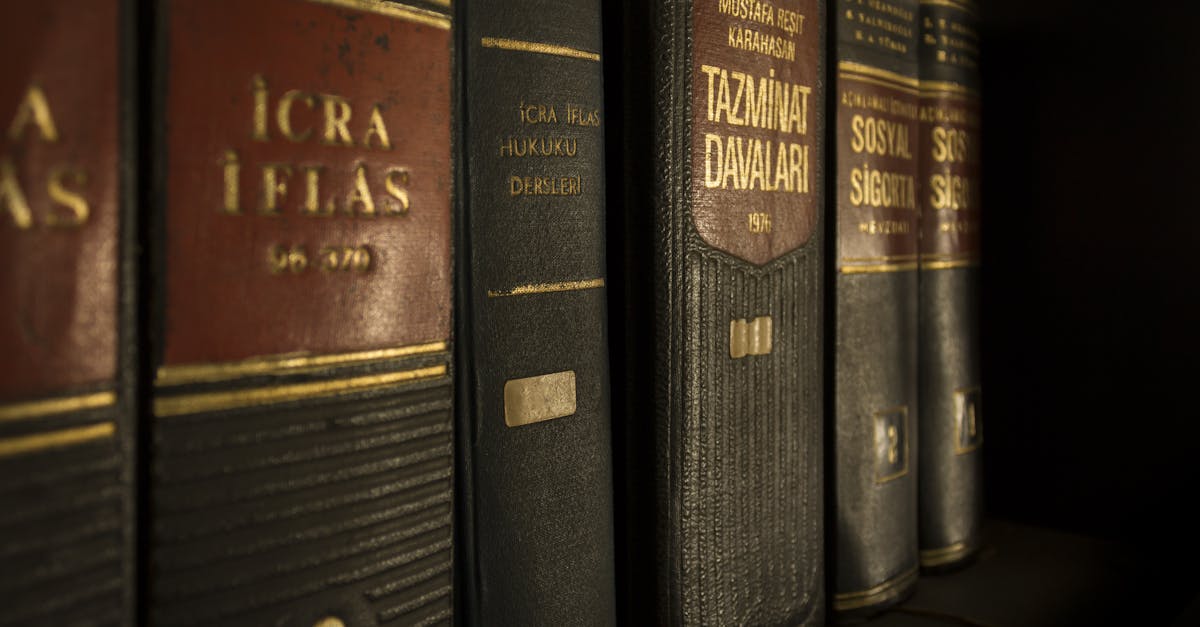
Pixabay/Pexels
Maintenance and Repair Costs
Older homes often have higher maintenance and repair costs due to aged structures and materials. Elements like plaster walls, wooden floors, and original fixtures might require specialized care and materials. Budgeting for these expenses is crucial to ensure your dream home remains in exquisite condition.
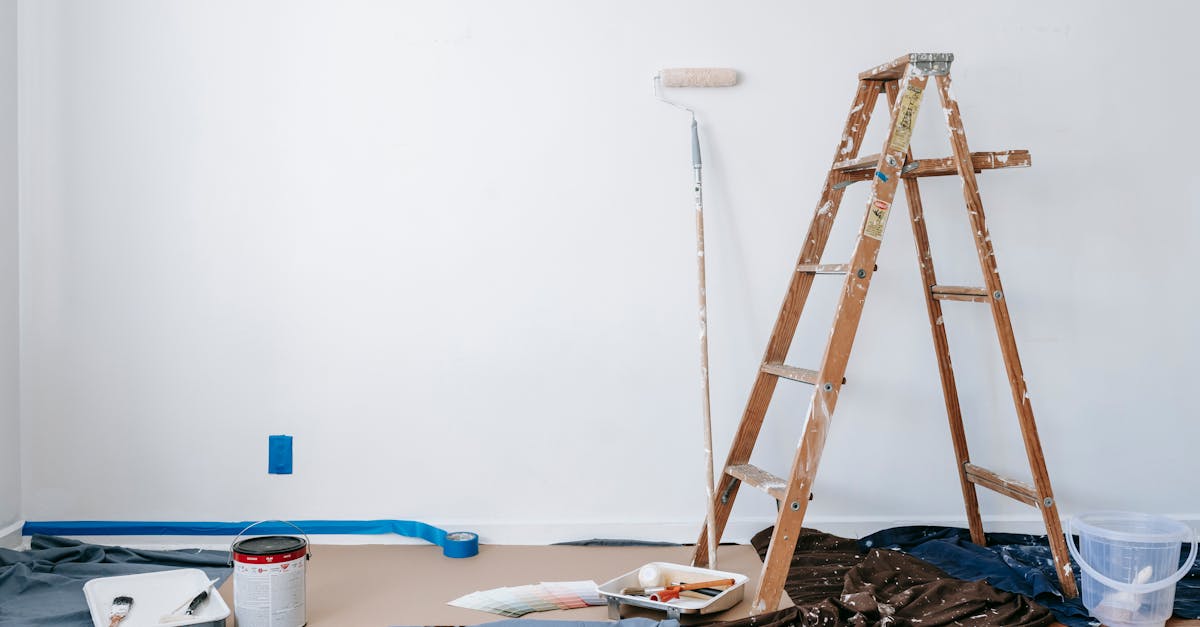
Blue Bird/Pexels
Insurance Considerations
Insuring a historic home can be more complicated than a modern property. Standard homeowner insurance might not cover the full cost of restoration using historical materials. Potential buyers should seek specialized insurance policies that consider the unique needs of historical properties to ensure sufficient coverage.
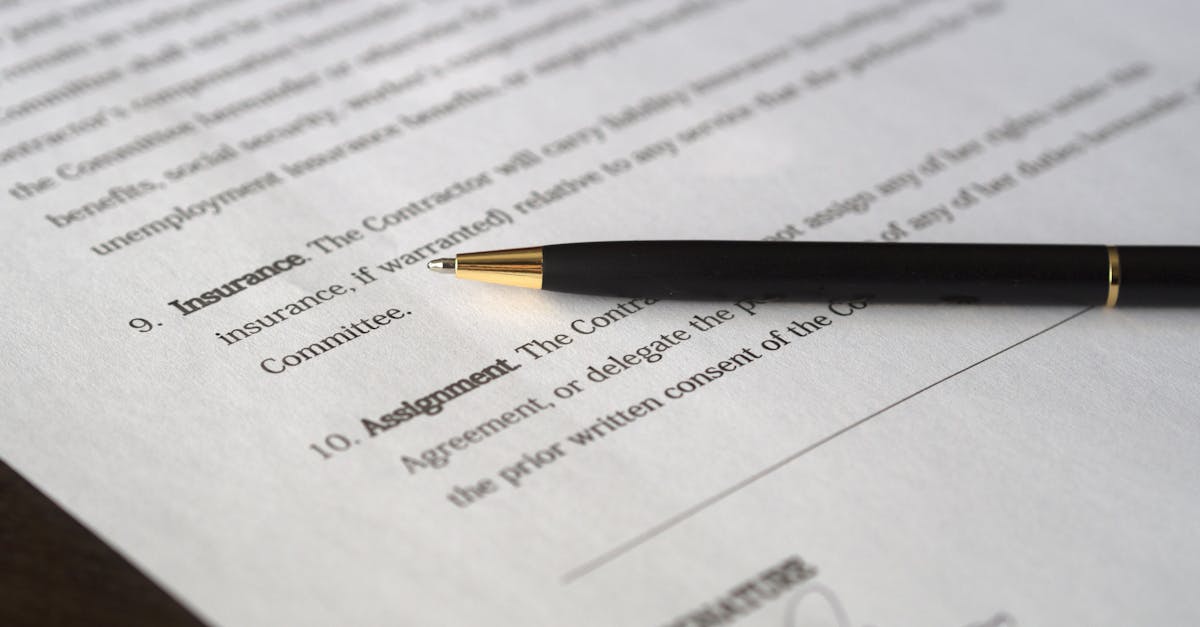
Pixabay/Pexels
Energy Efficiency Challenges
Historic homes were not built with modern energy efficiency in mind. Outdated windows, insulation, and systems can lead to higher energy bills. Buyers might be tempted to make energy-saving upgrades, but these need to be balanced against preservation guidelines to avoid compromising the home's historical value.
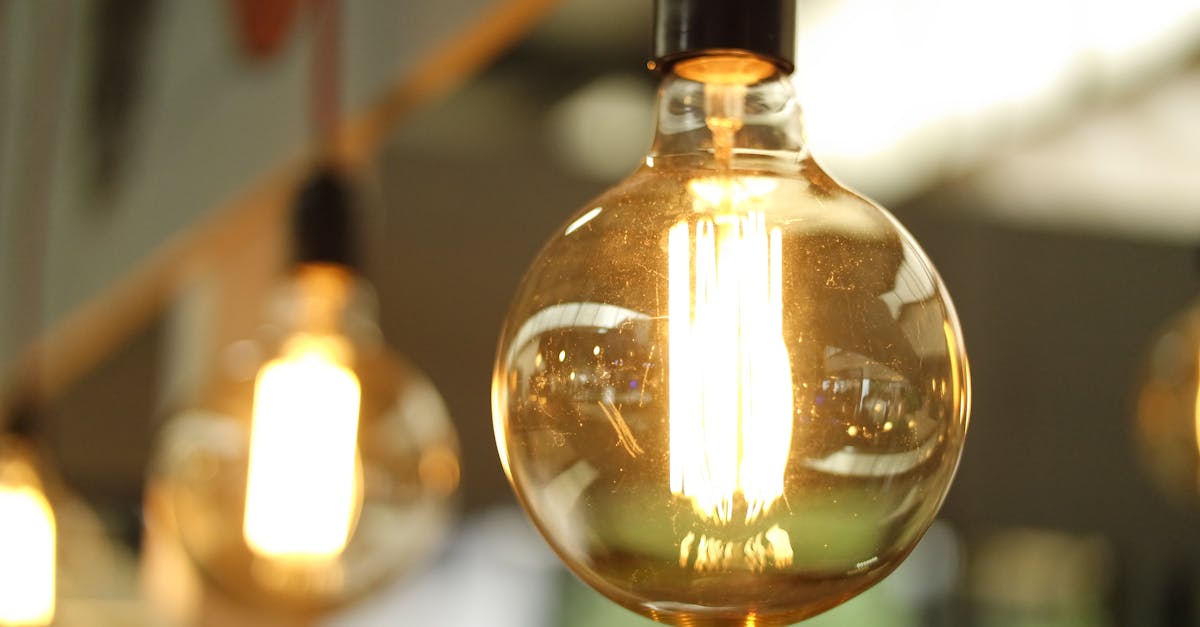
Burak The Weekender/Pexels
Availability of Historical Grants and Incentives
While costly, restoring and maintaining a historic home can be offset by grants and tax incentives. Various local, state, and federal programs offer financial assistance to those undertaking preservation projects. These can significantly ease the financial burden of keeping the home period-appropriate while making necessary upgrades.
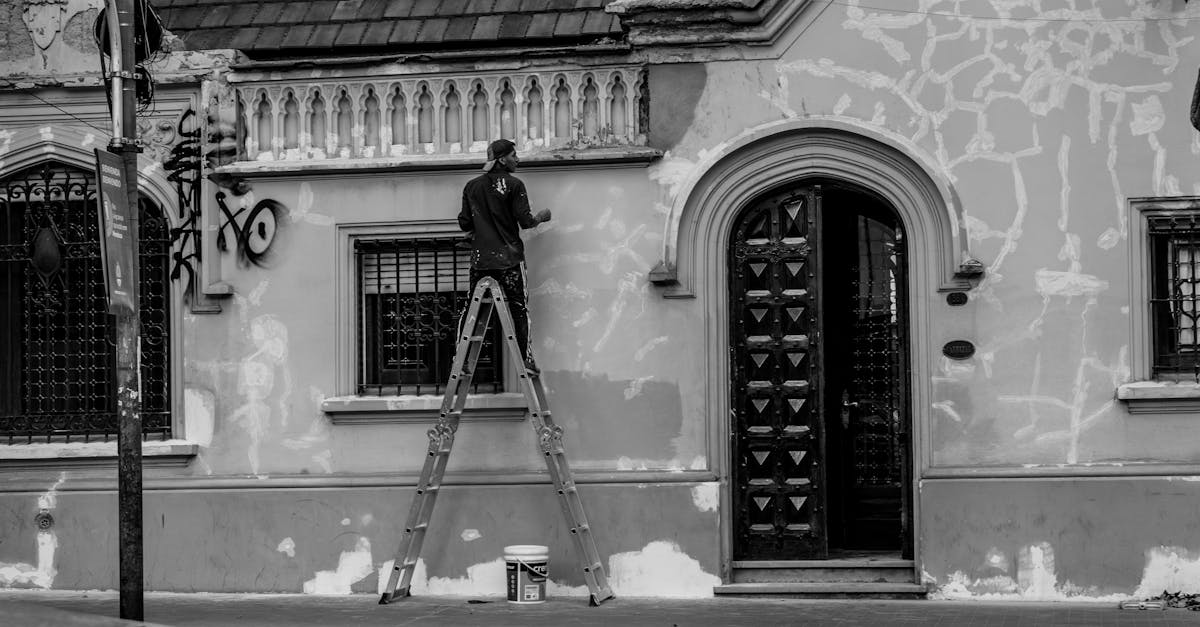
Andres Alaniz/Pexels
Unique Architectural Features
Historic homes often boast unique architectural features such as stained glass windows, ornate moldings, and handcrafted woodwork. Before purchasing, ensure that these elements are in good repair or able to be restored affordably. Understanding the significance of these features can enrich your appreciation for the property.

cottonbro studio/Pexels
Community and Cultural Influence
Living in a historic home often means joining a community passionate about preserving the past. This can bring lifelong friendships and community involvement. Moreover, historic neighborhoods often have rich cultural ties that enhance quality of life, fostering a deep personal connection with your surroundings.

Alex wolf mx/Pexels
The Joy of Preservation
Despite the challenges, preserving a historic home can be exceptionally rewarding. The process of restoring and maintaining these structures connects owners to history in a tangible way. It's about cherishing and ensuring that the story of the home continues for future generations.
Conclusion
Buying a historic home involves weighing the unique benefits and challenges. Proper understanding of maintenance costs, regulations, and preservation principles is essential. With due diligence and passion, owning a historic home can be an enriching experience resonating with timeless charm.